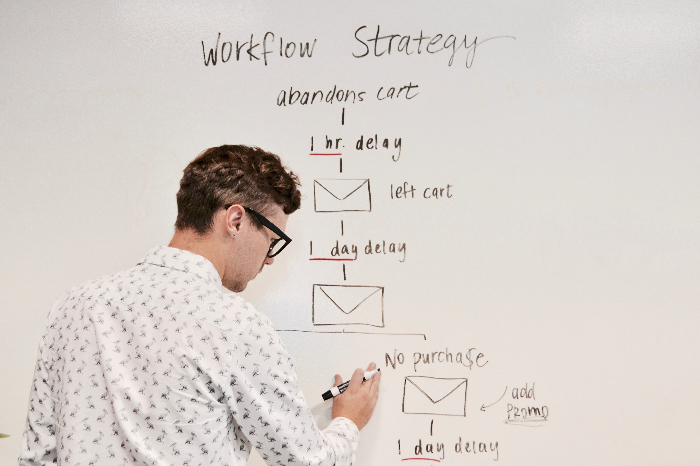Time Estimating
Accurately estimating the time required to complete tasks is an important part of task management. Here are some tips for estimating the time required to complete tasks:

Task Management category interest
Use historical data: Use historical data from previous projects to estimate the time required to complete similar tasks. This will provide a good baseline for estimating the time required for future tasks.
Break tasks down into smaller parts: Break tasks down into smaller parts and estimate the time required for each part. This will help you to more accurately estimate the time required to complete the entire task.
Identify dependencies: Identify any dependencies that may affect the time required to complete the task. For example, if you need to wait for input from a team member before you can begin the task, you should factor that into your time estimation.
Consider external factors: Consider any external factors that may affect the time required to complete the task, such as changes in requirements, delays in delivery, or unexpected issues that may arise during the task.
Use time-tracking tools: Use time-tracking tools and track the time spent on tasks. This will help you to more accurately estimate the time required to complete similar tasks in the future.
Build in a buffer: Build in a buffer when estimating the time required to complete a task. This will help you to account for unexpected delays or issues that may arise during the task.
Get feedback: Get feedback from team members and stakeholders on your time estimation. This will help you to identify areas for improvement and refine your estimation skills over time.
In conclusion, accurately estimating the time required to complete tasks is an important part of task management. Use historical data, break tasks down into smaller parts, identify dependencies, consider external factors, use time-tracking tools, build in a buffer, and get feedback to estimate the time required to complete tasks accurately. By improving your time estimation skills, you can increase efficiency, meet deadlines, and improve the quality of your work.





